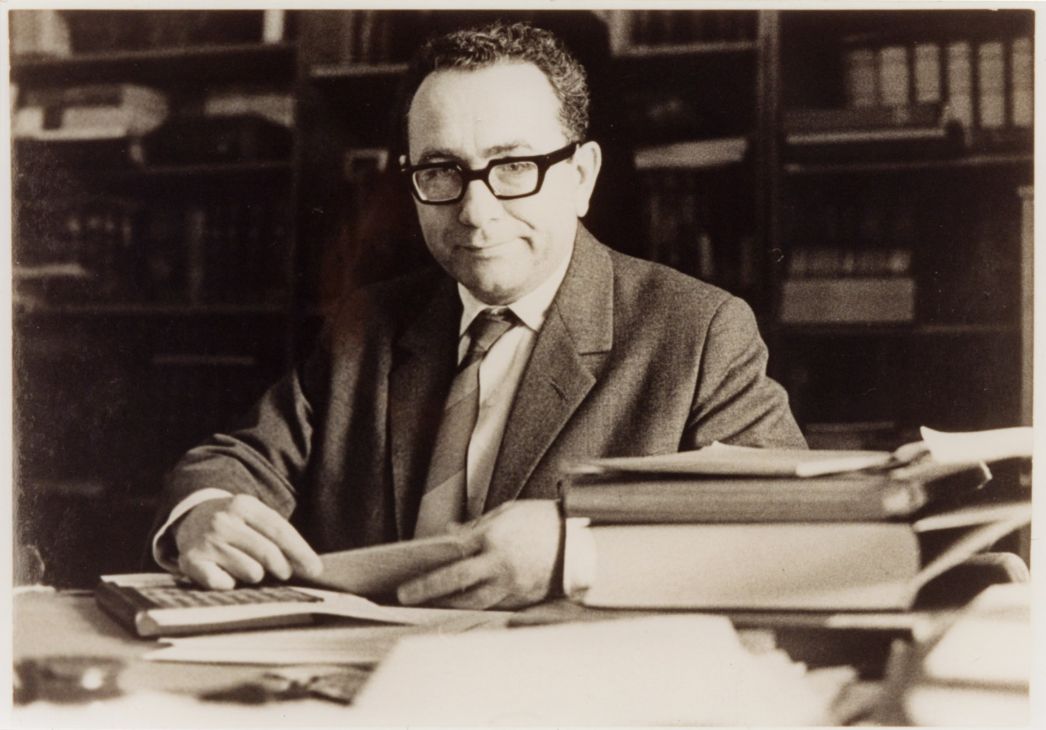
František Graus was born in Brno on 14 December 1921, the son of a German-Czech-Jewish family. Until 1925 he attended the German school in Brünn, then changed to a Czech school on account of anti-Semitism.
At the beginning of December 1941, Graus and his mother and brother were deported to the Theresienstadt Ghetto. There he became a Communist under the influence of the Marxist sociologist Bruno Zwickel, and devoted himself to the youth welfare efforts in the ghetto. He also struck up what would prove to be a lifelong friendship with the ancient historian Pavel Oliva. In Theresienstadt Graus was assigned to the “Talmud detachment”, which examined the pillaged Jewish libraries of Eastern Europe. In late September 1944 he was deported to Auschwitz, where his brother was murdered; from there he was transferred to
Immediately following his return, Graus began studying history at Charles University in Prague, and in 1949 obtained his doctorate with a thesis on urban poverty in the pre-Hussite era. In 1951 he received his post-doctorate and was appointed professor of medieval history at the Historical Institute of the Czech Academy of Sciences in Prague. As a Communist, he was loyal to his party’s Stalinist policies. After the Red Army invaded Hungary in 1956, he gradually disassociated himself from Stalinism. Guest professorships and research sojourns in France, Italy and Germany helped the medievalist to international renown. His critical articles on the situation of the humanities in Socialism and National Socialism caused a stir; in 1969 he took advantage of a guest professorship in Constance to emigrate. In 1970 he was called to the University of Giessen, and in 1972 appointed professor of medieval history at the University of Basel, where he taught and carried out research until his death. He was primarily interested in outsiders to society – heretics, witches, beggars and Jews – and the history of mentalities.
František Graus died in Basel on 1 May 1989.


